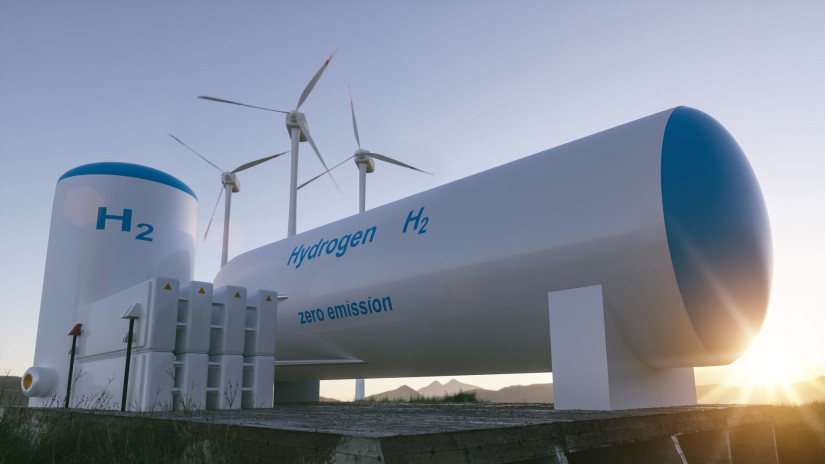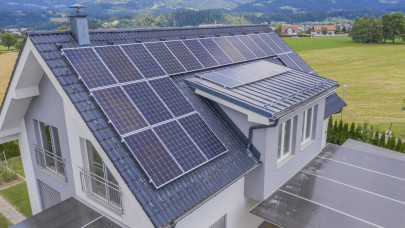At the heart of hybrid solar technology lies the concept of synergy—combining multiple renewable sources and storage to ensure uninterrupted electricity supply. Unlike traditional solar setups, which are limited by daylight hours, hybrid systems seamlessly blend solar generation with storage or wind capacity, ensuring stable energy availability regardless of fluctuations in sunlight or wind intensity. This capability positions hybrid solutions as ideal for a resilient and flexible power grid.
Since 2015, solar coupled with battery storage has rapidly grown to claim 5% of Europe's total energy storage market. The UK has been a prominent leader, accounting for 62% of the installed capacity. This success is largely attributed to supportive regulatory frameworks and forward-thinking market policies designed to stimulate investment in renewable energy infrastructure.
Yet, despite these promising developments, Europe's combined solar and wind hybrid market remains largely untapped, with only 555 MW currently deployed. Poland is leading this emerging field with 277 MW, encouraged by progressive energy policies that promote hybrid solar-wind installations. Other nations, such as the Netherlands and Portugal, also show notable participation, yet broader expansion is hindered by inconsistent regulatory environments and market barriers, which prevent a more extensive uptake of hybrid technologies across the continent.
The advantages of hybrid solar systems extend beyond sustainability and environmental benefits. They optimize existing grid infrastructures, significantly reduce connection and operational costs, and lower the overall levelized cost of electricity. By maximizing the utilization of existing resources and infrastructure, these systems capture and store surplus renewable energy, effectively smoothing out supply fluctuations and meeting peak demand efficiently.













